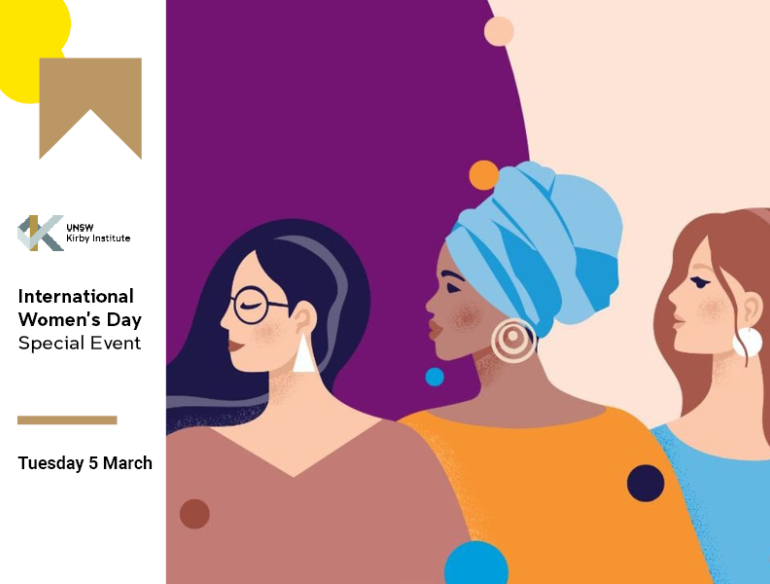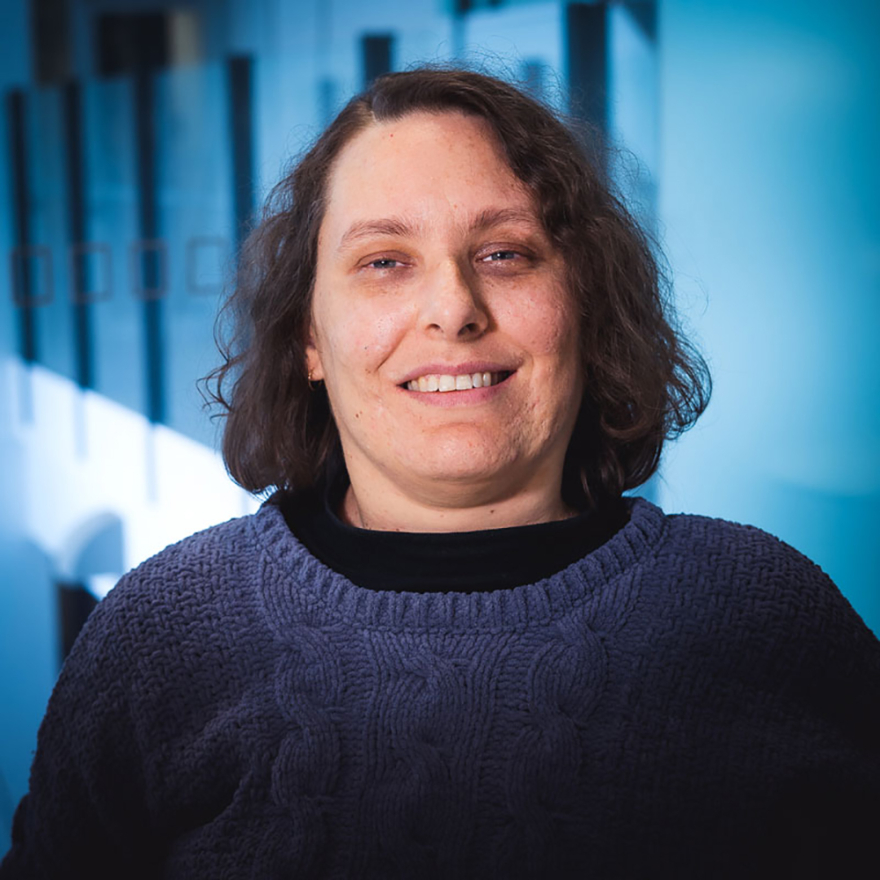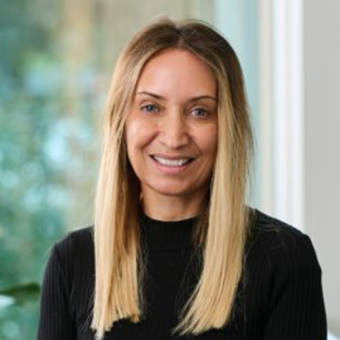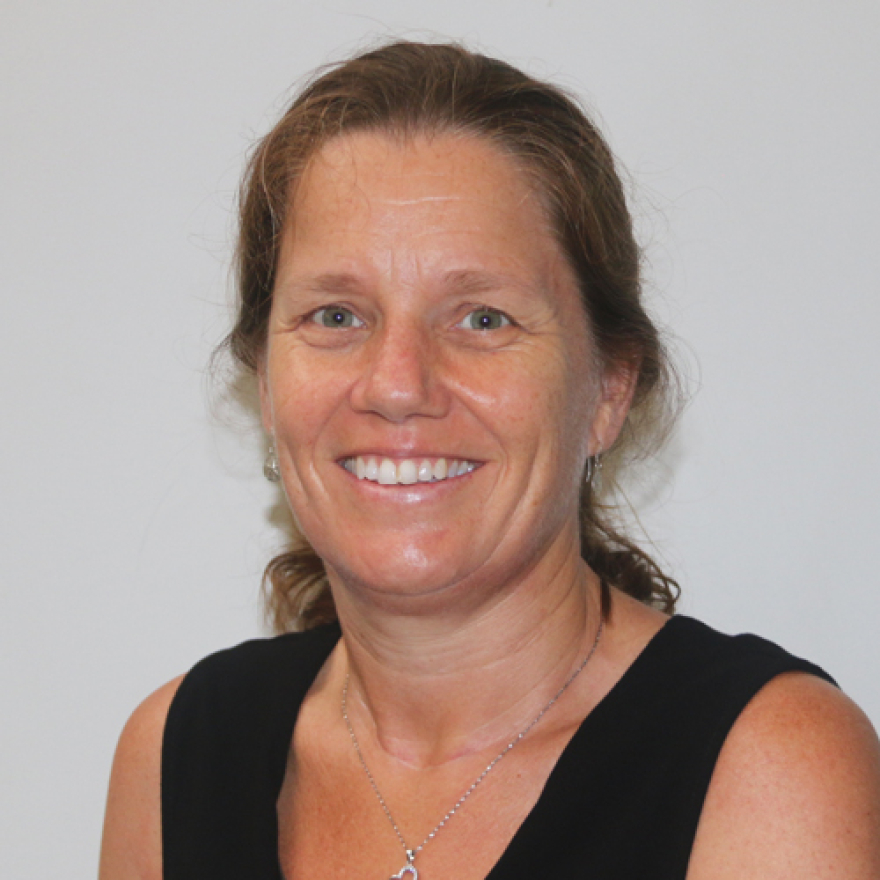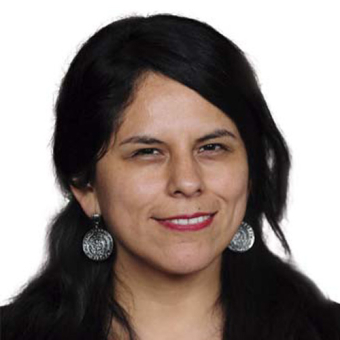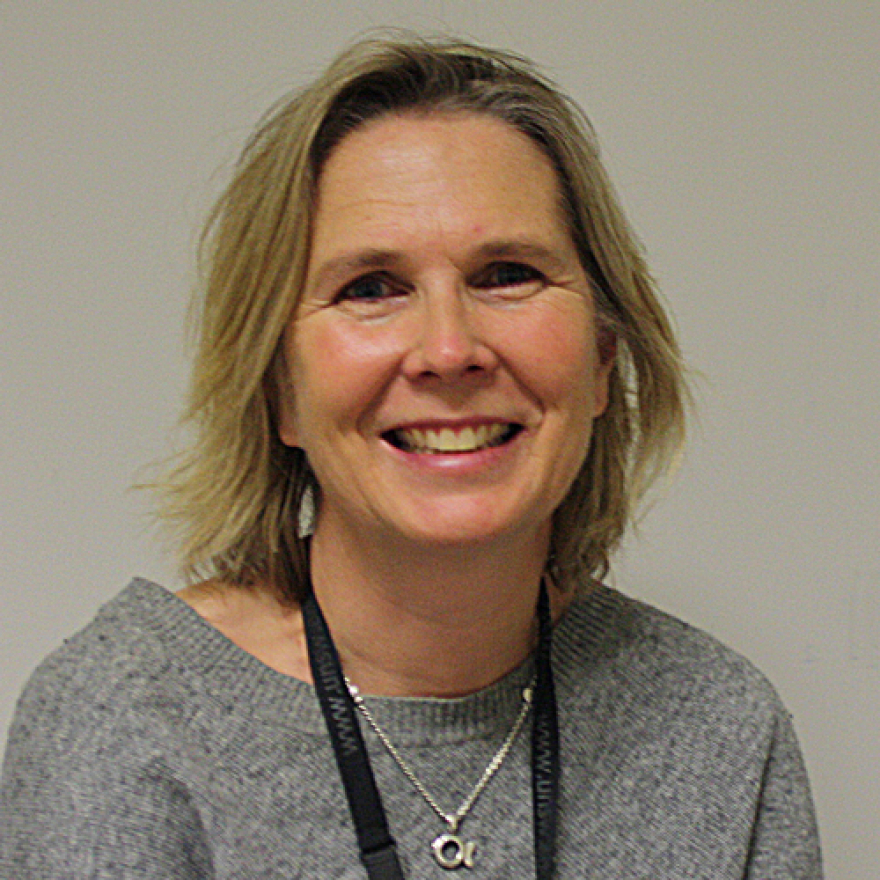This year the theme for International Women’s Day is ‘Count Her In: Invest in Women. Accelerate Progress.’ In honour of this theme, the Kirby Institute is bringing together a panel of speakers whose work and lives are committed to improving the health, wellbeing and economic empowerment of women.
This online only event will highlight the importance of the economic empowerment of women and examine how the intersection of gender and economic exclusion can create poor health outcomes for women, and in some cases present active barriers to accessing healthcare.
Speakers
|
Dr Joanne Flavel Joanne Flavel leads the social epidemiology work at Stretton Health Equity and her current research focuses on health equity, social determinants of health, and labour market experiences of temporary migrants and refugees. She is a member of the international Punching Above Weight Network, formed to advance thinking and research about why some countries do much better in terms of health outcomes than would be predicted by their economic status. She is also a Global Burden of Disease Collaborator. Alongside her academic position, Jo is actively involved in the Public Health Association of Australia (PHAA) and the Australian Health Promotion Association (AHPA). |
||
|
Professor Maree Toombs A leading researcher in Aboriginal and Torres Strait Islander health, Maree Toombs is a proud Euralayie/Kooma woman from North-Western NSW, and a distinguished researcher with a depth of experience in leadership roles. Working across research, health and education, Professor Toombs has a track record of impactful work, improving the lives of Aboriginal and Torres Strait Islander people. Professor Toombs is highly recognised for her work, and in 2023 she was awarded the prestigious Australian Mental Health Prize. As a leader in the field of Indigenous health, Professor Toombs was invited to join a 2023 Australian Mission delegation to the United Nations, in New York. Partnering locally and internationally, Professor Toombs’s expertise in codesign and culturally safe practices is foundational to her global impact. She has developed models of care with over 94 different Aboriginal and Torres Strait Islander communities, improving the health of Aboriginal and Torres Strait Islander people. |
||
|
Dr Lisa Vallely Lisa Vallely has more than 25 years' experience working as a midwife and public health researcher in low-resource settings, including Papua New Guinea (PNG), Tanzania, Kenya and Zambia. Her current program of research is focused primarily in PNG, where she established a multidisciplinary maternal and child health research program at the PNG Institute of Medical Research (PNGIMR) in Goroka. Her program of research has included access to care during pregnancy and childbirth; unsafe abortion; teenage pregnancy; STIs in pregnancy and an intervention to reduce the risk of postpartum haemorrhage among women who give birth in remote, rural communities. She is a chief investigator and clinical lead of a world-first cluster randomized crossover trial (the WANTAIM trial) of antenatal point-of-care STI testing and treatment to improve birth outcomes in high-burden, low-resource settings. Through an ongoing academic position at the PNGIMR, she continues to lead field studies and intervention trials to improve maternal and newborn health outcomes in PNG. |
||
|
Karina Romero Karina Romero is currently part of the CRONICAS Centre for Excellence in Chronic Diseases, Cayetano Heredia University, Peru where she coordinates the ANITA project that aims (1) to examine the challenges and constraints of social protection policies for women domestic workers in Peru and (2) to propose recommendations to improve their access to social protection for a more inclusive and sustainable recovery of the COVID-19 pandemic. The ANITA project is funded by the IDRC, Canada. |
Chair
|
Professor Virginia Wiseman Virginia Wiseman has researched and published widely in the fields of health economics and health systems, primarily in low- and middle-income countries. She is Professor of Health Economics and Health Systems at the Kirby Institute (Faculty of Medicine & Health, UNSW) and at the London School of Hygiene and Tropical Medicine (Department of Global Health and Development). She leads the Health Economics Research Network (HERN) at UNSW, a cross-Faculty Initiative for generating, reviewing, and disseminating evidence and information on health economics. |
#IWD2024 #CountHerIn | Learn more about International Women's Day
Opinions expressed in the Kirby Institute Seminar Series are solely those of the speaker and do not necessarily represent the views or opinions of the Kirby Institute or UNSW.
